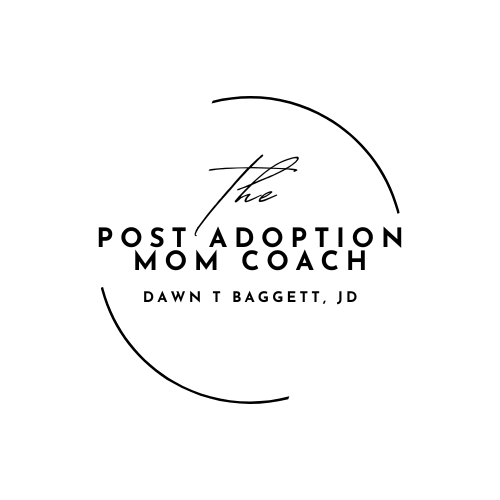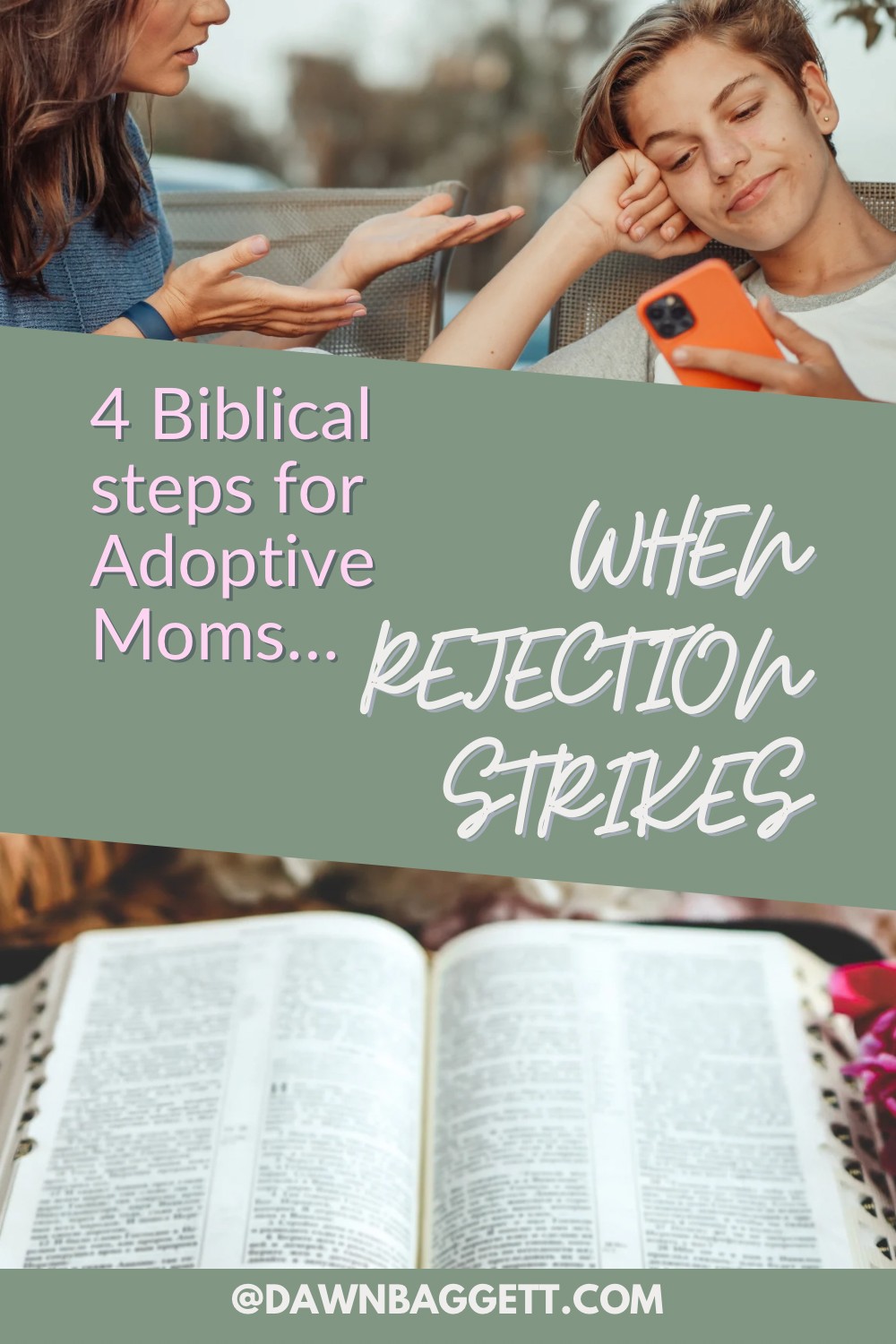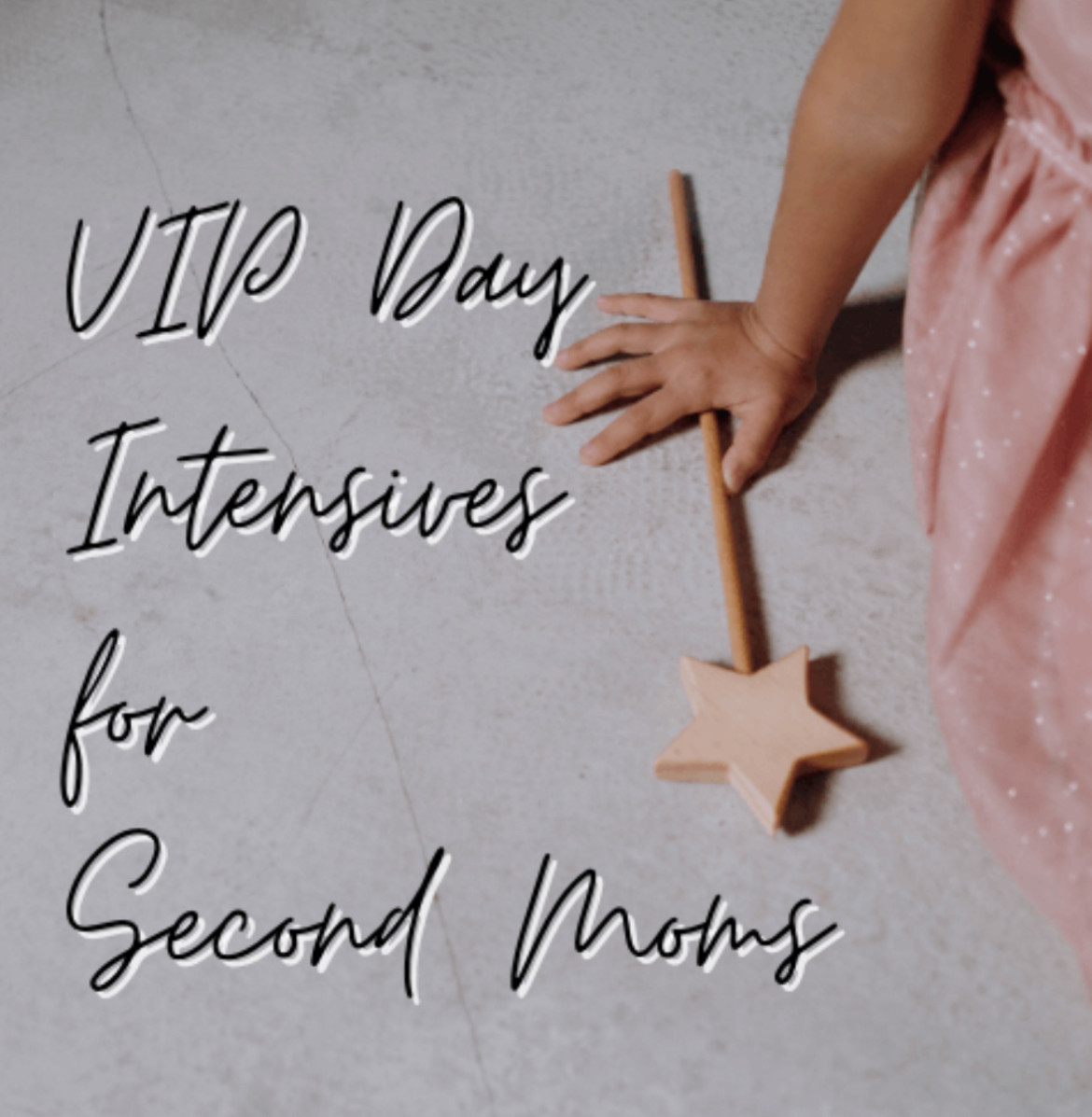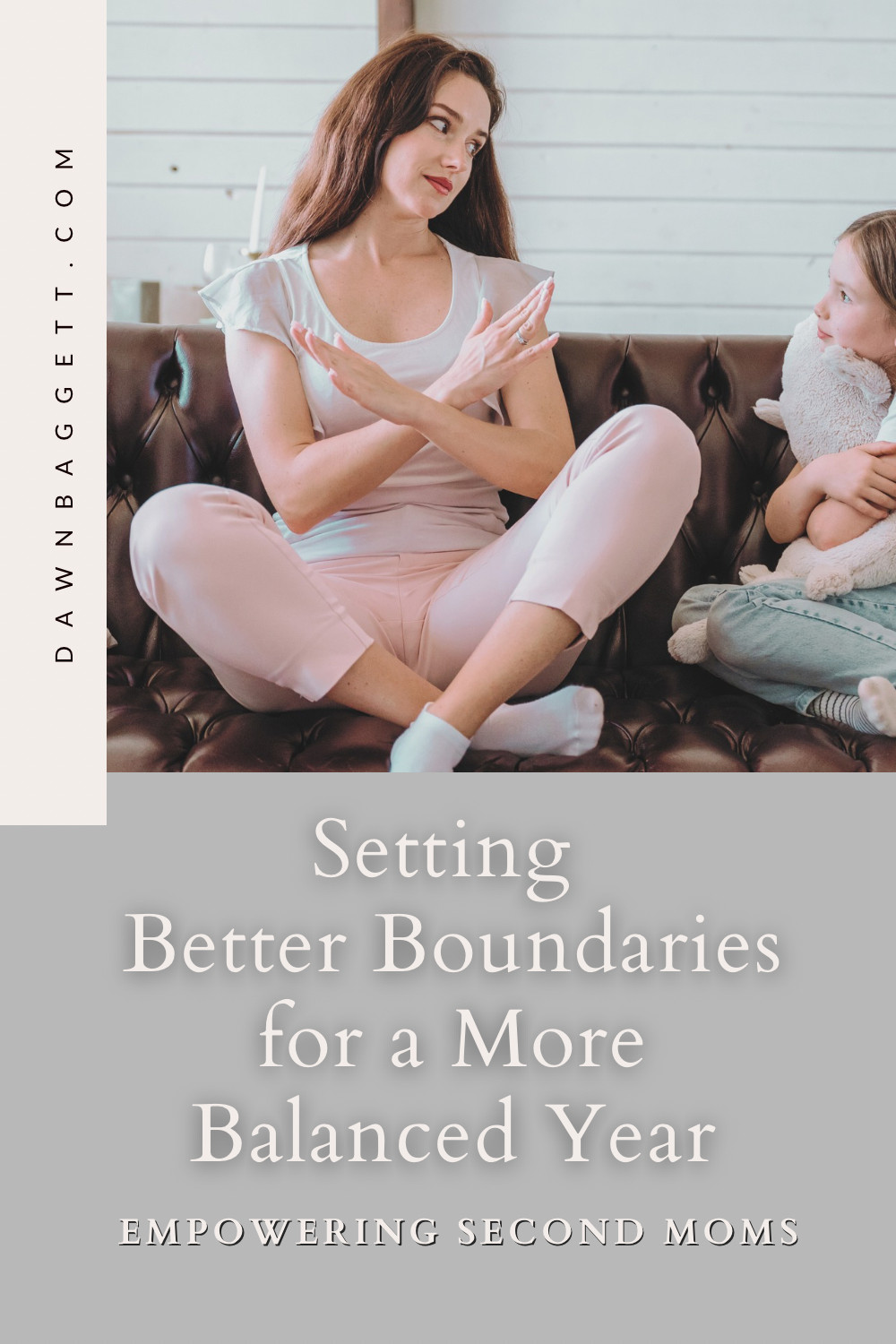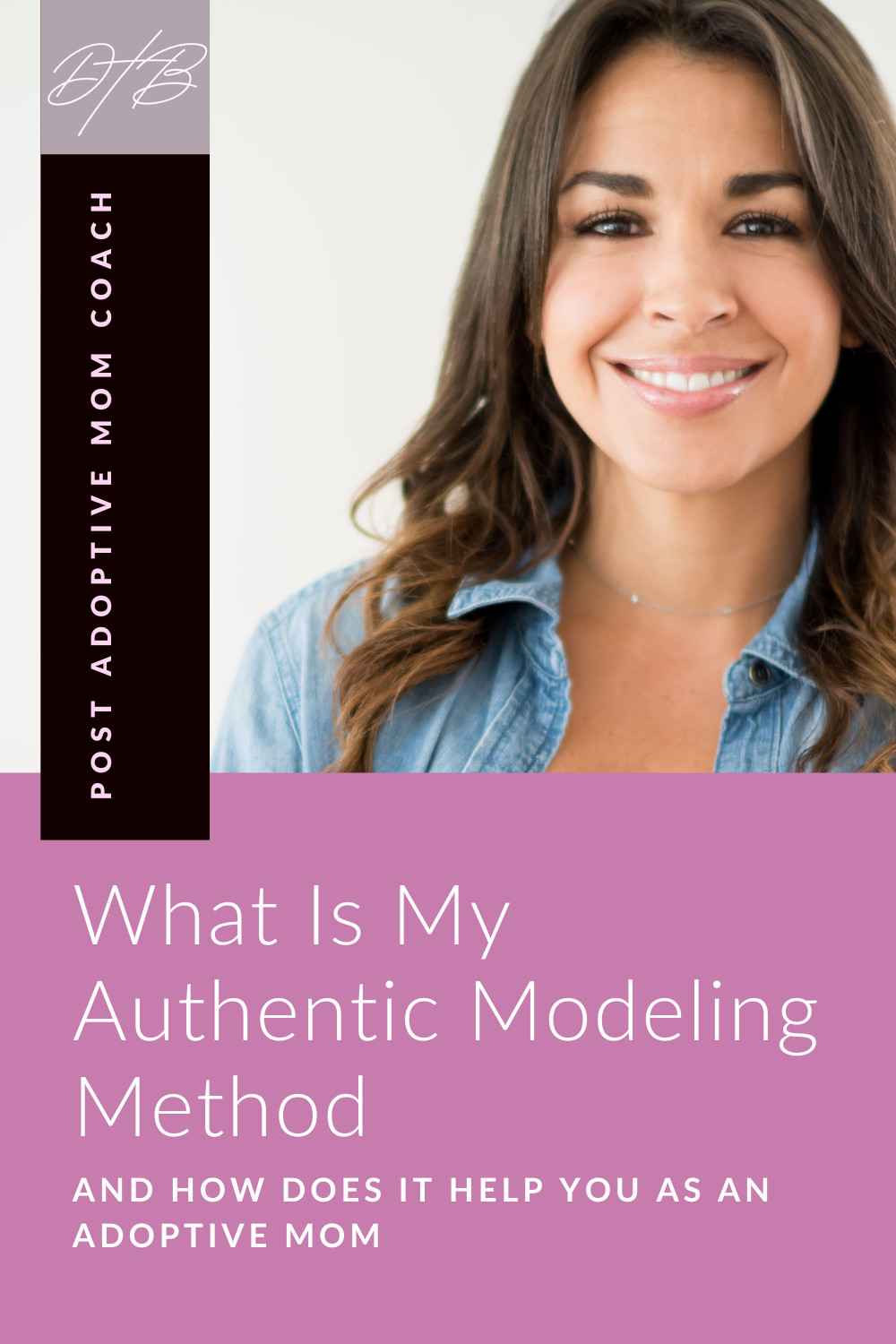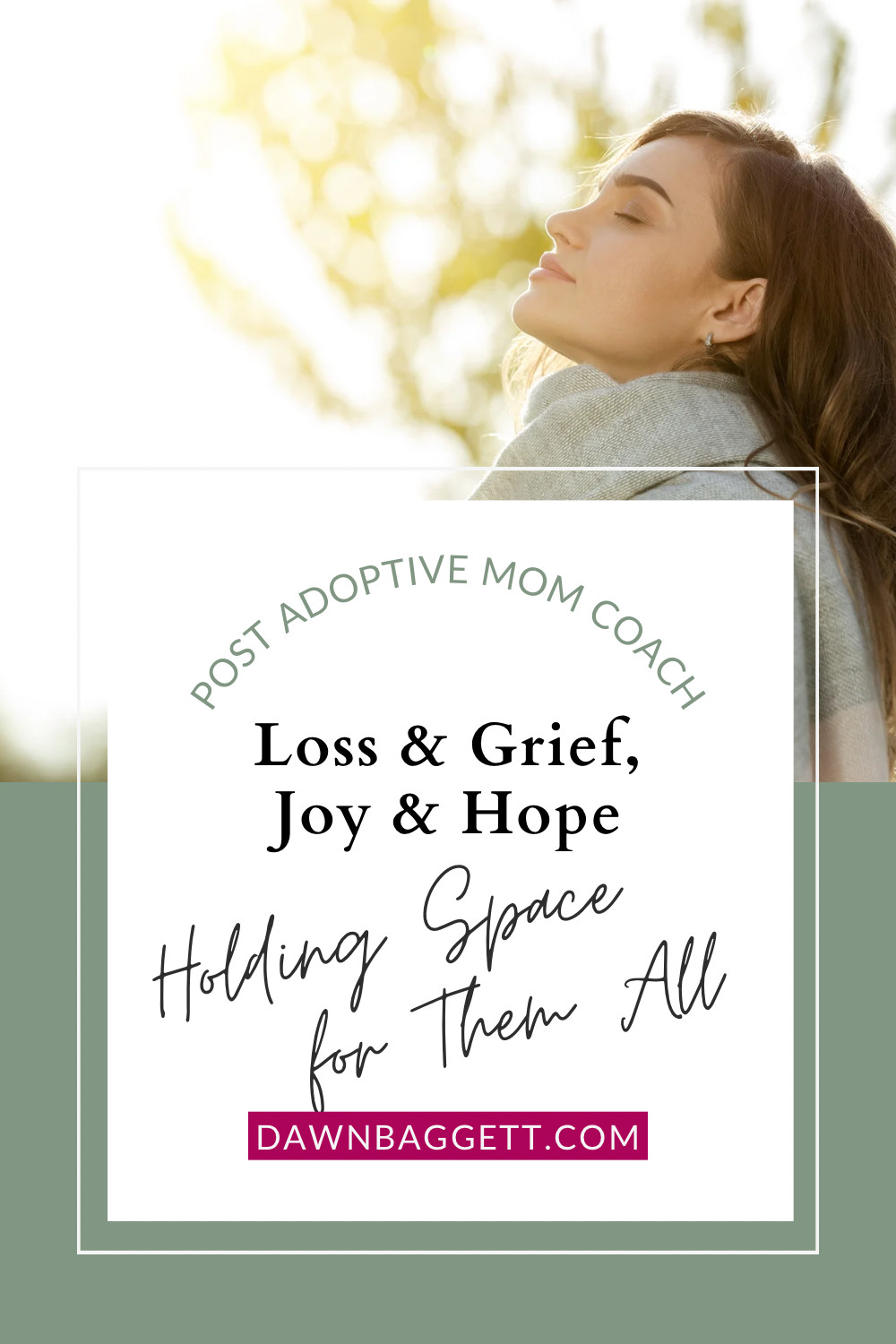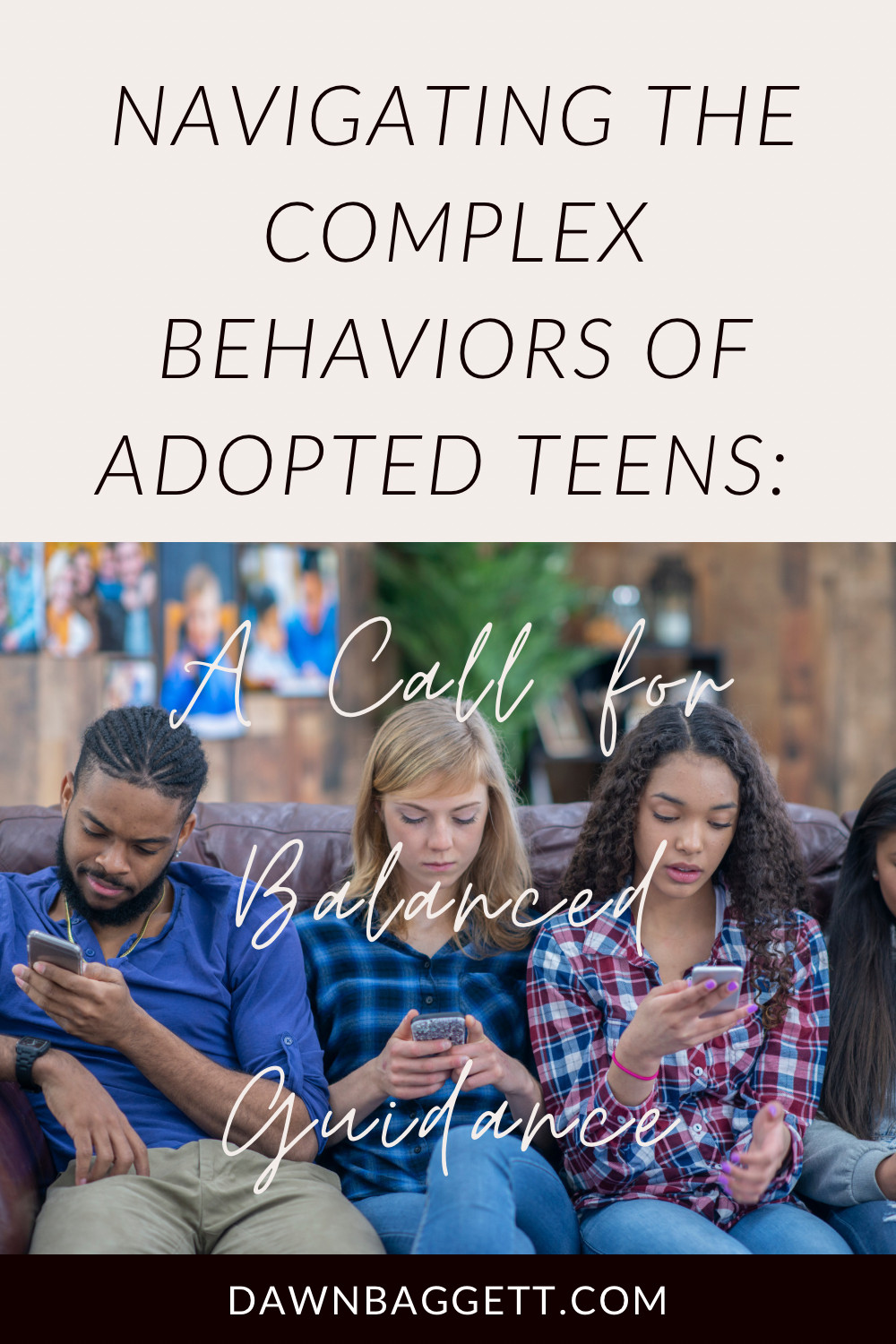
As we gather together in our shared journey of parenting teens with significant early childhood trauma histories, it's essential to pause and reflect on the complex behaviors we face daily. I've been thinking about the historical roles of children and how they might offer us insights into better supporting our young ones today.
In times past, by the age of 15, 16, or 17, young people were often thrust into adult roles, shouldering responsibilities that mirrored those of grown-ups. They worked hard, contributing to their households or finding their place in the world independently. This was the expectation, and it channeled their youthful energy and drive into productive endeavors.
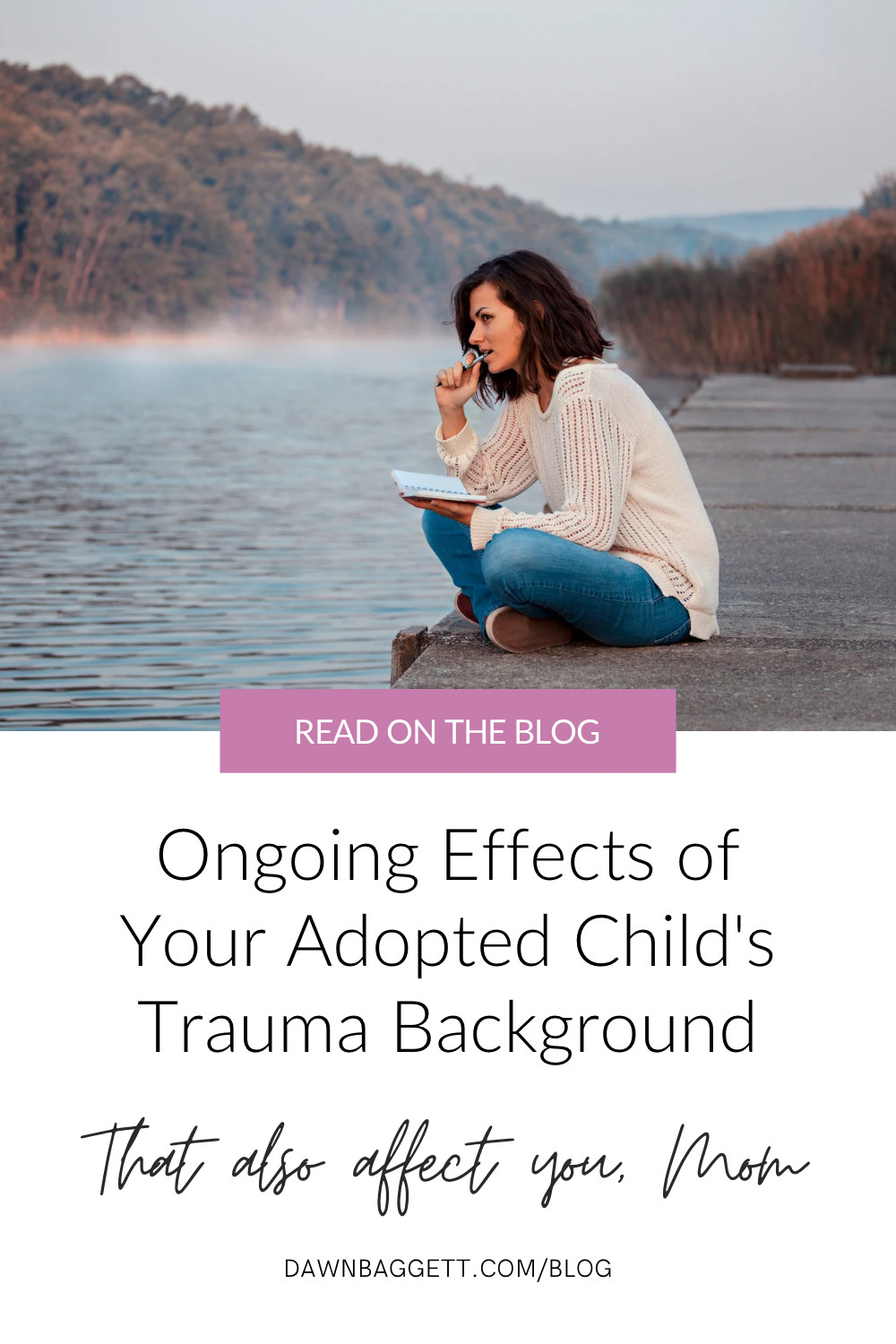
Parenting is rarely straightforward, but when it comes to adoption, the journey takes on added challenges. One of the profound pieces of this puzzle is recognizing the ongoing effects of the trauma background your child may carry, how it impacts their behaviors and perceptions—especially their belief (or fear) that they may be unlovable, leading them to approach close relationships defensively.
Even as the most prepared adoptive parent, experiencing your incredible love and dedication reflected back with wariness or even rejection from your child can be destabilizing.
Read more...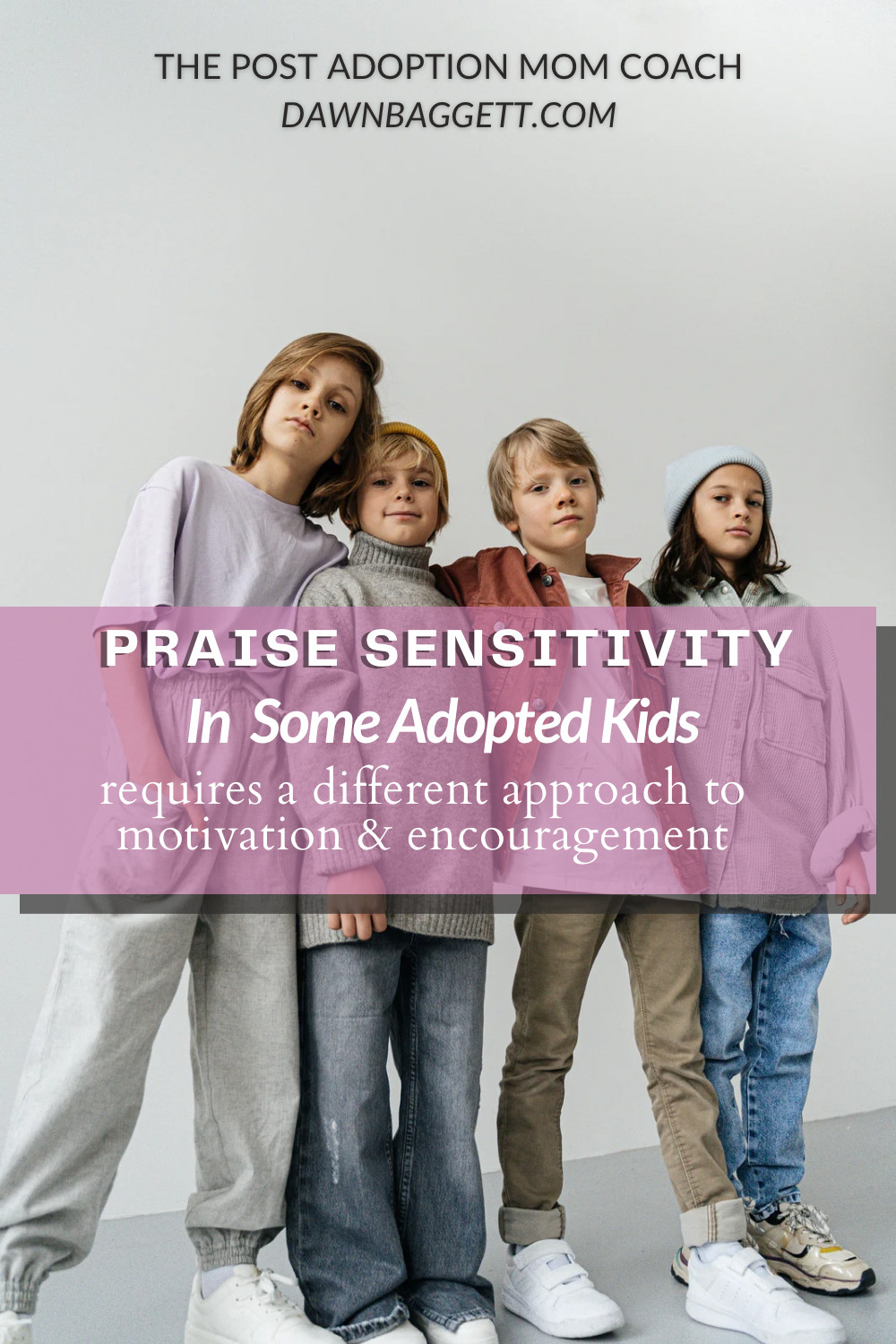
For eons it seems, we’ve been hearing that heaping on more praise is the best, maybe even the ONLY way to encourage our children, to motivate them, to get them to take action. I just read something from yet another frustrated mom sharing about her dilemma with the same message, selling the same pitch. And since everyone seems to be saying it, it must be true. Right?
Uhh… no.
This mom's dilemma went something like this: People say I should praise my child more and tell him I'm proud of him...but when I do he goes ballistic!
I think most of this advice is coming from a place of good intentions. But it’s easy advice. And not only does one specific method or strategy not work for everyone, but excessive praise also definitely isn’t the best option out there.
Also, how do you know that these “experts” are following their own advice? Or that they’re getting great results just adding more and more praise for children with similar histories to yours?
It seems to me that you can spend a lot of time feeling frustrated or like a failure because you're efforts at heaping on additional praise aren't working for you when you’re not the problem!
I know because back when one of my daughters was going through a hard phase, I tried encouraging and motivating her, intentionally praising her more, and I just didn’t get great results.
In fact, I got a window into her world when she told me how it made her feel when one of her teachers would "cheer" her, especially in front of the class. Was that ever an eye-opener! I learned that the teacher's praise caused her to feel pressure that in turn, had the opposite result of what was intended.
